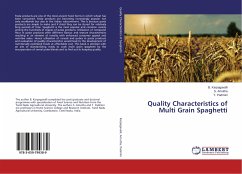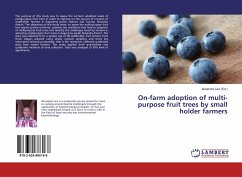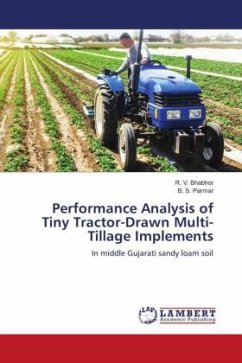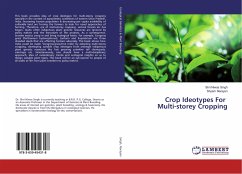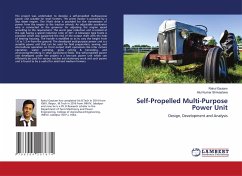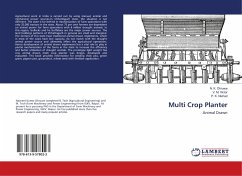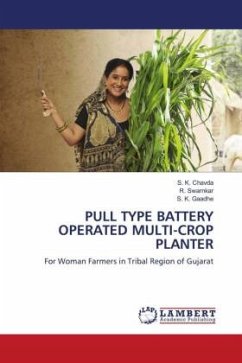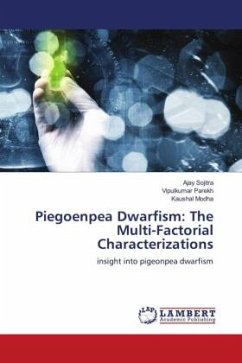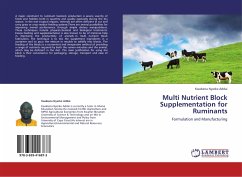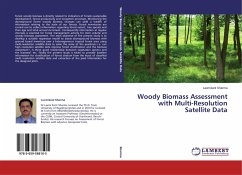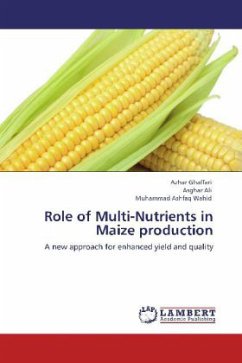
Role of Multi-Nutrients in Maize production
A new approach for enhanced yield and quality
Versandkostenfrei!
Versandfertig in 6-10 Tagen
32,99 €
inkl. MwSt.

PAYBACK Punkte
16 °P sammeln!
Maize is an important cereal crop world wide, not only as a staple food in various parts of the world, but also as a major component of feeds for the animals. Adapted to a wide range of climates, the crop is mostly grown between latitudes 30° and 55°, principally in latitudes below 47°. It is a warm weather crop, doing best when temperatures in the warm months range from 21° to 27° C. The judicious use of organic and mineral fertilizers may increase micronutrient density in grain destined for human consumption and play a promising rule in reducing human s micronutrient deficiency. The int...
Maize is an important cereal crop world wide, not only as a staple food in various parts of the world, but also as a major component of feeds for the animals. Adapted to a wide range of climates, the crop is mostly grown between latitudes 30° and 55°, principally in latitudes below 47°. It is a warm weather crop, doing best when temperatures in the warm months range from 21° to 27° C. The judicious use of organic and mineral fertilizers may increase micronutrient density in grain destined for human consumption and play a promising rule in reducing human s micronutrient deficiency. The integrated nutrient management for crop improvement has been paid little attention in agriculture areas of developing world. Therefore, the present study was executed to evaluate the integrated nutrients use affect on growth, yield and quality of maize.



